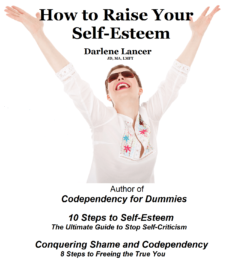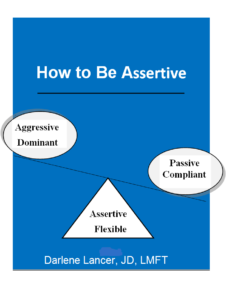Description
This webinar explains the nature and causes of internalized shame, shame spirals, and how shame differs from guilt. It covers our defenses to it, such as arrogance, perfectionism, and people-pleasing, and how it produces codependent traits. You will be able to spot how shame manifests in your clients, how they cope with it, and ways to intervene. You will gain an understanding of how shame affects couples’ interactions, how it escalates conflict and ruins relationships. You will be able to identify the intrapersonal dynamics of shame that motivate couples’ interpersonal communication and behavior patterns. I will discuss shame’s tell-tale signs and outline the steps necessary for recovery.
You will learn the following:
1. How to spot when shame in your clients.
2. The difference between shame and guilt.
3. The nature of internalized toxic and acute shame.
4. The causes of shame.
5. The effect of shame on personality development.
6. How shame creates obstacles to intimacy and communication.
7. How to identify defenses to shame.
8. How shame manifests in symptoms of codependency.
9. How to identify and interrupt shame spirals.
10. How shame perpetuates the cycle of abandonment.
11. How to treat shame.
12. The goals of recovery.





Reviews
There are no reviews yet.